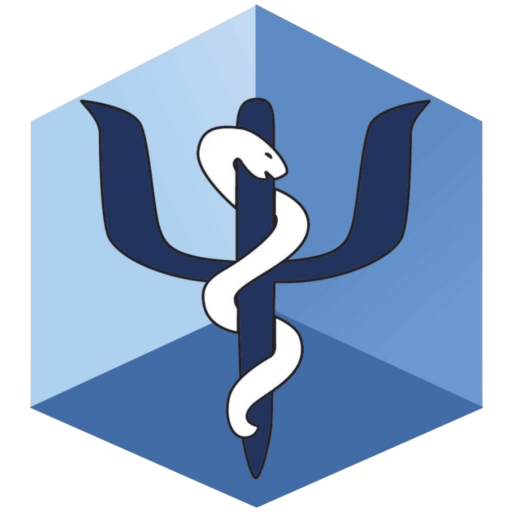From Generation to Generation
the 17th annual International CyberPsychology and CyberTherapy Conference (CYBER17) convened in Brussels, Belgium on the 25-28th September 2012. With speechs from keynote speakers such as Robert Madelin, Director General of the Communications Networks, Content and Technology Directorate General (DG-CONNECT) at the European Commission (EC), stakeholders from over 20 countries were in attendance, including industry leaders, academics, clinicians, government funders and representatives from affiliated associations.
The aim of the conference was twofold: to inform and educate on how advanced technologies, such as virtual reality, are being used in training, therapy and rehabilitation; and how interactive technologies and social networking tools are affecting individual behaviour (both positively and negatively), as well as interpersonal relationships and society in its entirety. An interactive exhibit area, the Cyberarium, allowed participants to try first-hand the innovative technological solutions.
Last year, the European Council endorsed the EC’s creation of an Innovation Partnership on Healthy and Active Ageing, with the goal of adding two years of healthy life to citizens by 2020. In the US, the Centers for Disease Control and Prevention conduct activities helping older adults live long, productive and independent lives under the Healthy Ageing Programme.
While humanitarian reasons are the foundation for these programmes, the cost to society in their absence cannot be denied. As is true in Japan today, by 2030 more than 20% of the population of northern EC countries, Australia, Canada and the US will be over 65. In the US, about 80% of older adults have at least one chronic health condition, and such conditions can lead to the person’s inability to perform activities of daily living (ADL) such as ‘bathing, dressing, eating, or moving around the house’.
Although information and communications technology (ICT) solutions are only one part of the mix, a recent EC report confirmed that citizens view an ‘innovative way of care’ (a category that includes new ways to organise care, telecare and telehealth) as the most important part. Indeed, the author of a 2008 paper4 determined from a literature review and wireless technology experience that remote monitoring alone could ‘reduce healthcare expenditures by a net of $197bn (in constant 2008 dollars) over the next 25 years with adoption of policies that reduce barriers and accelerate the use of remote monitoring technologies’.
The full article is available here: From Generation to Generation – Dr._M.Baker_B.Wierderhold
